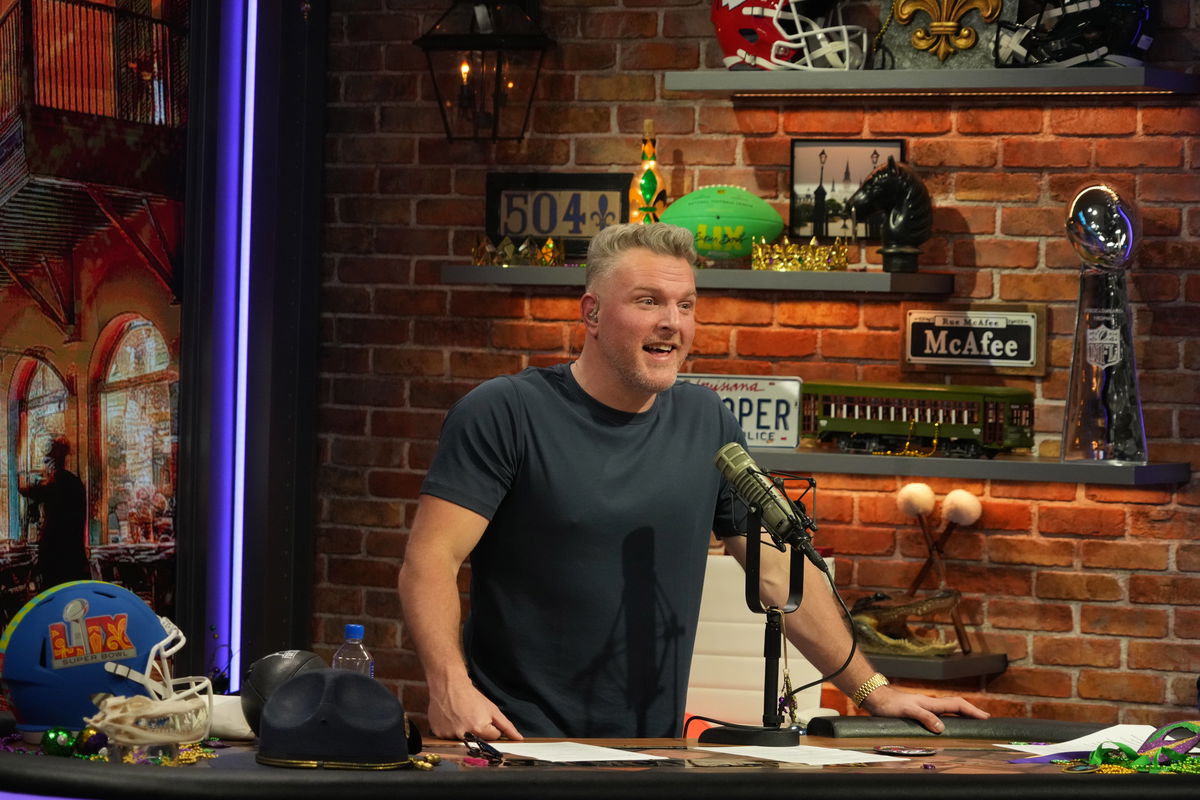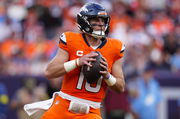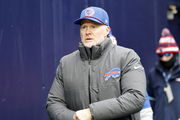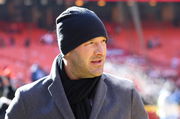
Imago
NFL, American Football Herren, USA Super Bowl LIX-City Scenes Feb 5, 2025 New Orleans, LA, USA Pat McAfee on the Pat McAfee Show set at the Super Bowl LIX media center at the Ernest N. Morial Convention Center. New Orleans Ernest N. Morial Convention Center Louisiana United States, EDITORIAL USE ONLY PUBLICATIONxINxGERxSUIxAUTxONLY Copyright: xKirbyxLeex 20250205_tbs_al2_273

Imago
NFL, American Football Herren, USA Super Bowl LIX-City Scenes Feb 5, 2025 New Orleans, LA, USA Pat McAfee on the Pat McAfee Show set at the Super Bowl LIX media center at the Ernest N. Morial Convention Center. New Orleans Ernest N. Morial Convention Center Louisiana United States, EDITORIAL USE ONLY PUBLICATIONxINxGERxSUIxAUTxONLY Copyright: xKirbyxLeex 20250205_tbs_al2_273
ESPN’s podcast game in 2025 is nothing like the scrappy, audio-first side project it used to be. Now it is cameras, lights, high-gloss sets, and YouTube channels pulling millions of views. The network is betting big on recruiting heavy hitters like Shams Charania to host his own show. The understanding is that podcasting isn’t just talking into a mic; it is a full-on performance. Burke Magnus, ESPN’s content chief, says it’s a “specific talent,” and they are finally treating it that way. Add in the upcoming direct-to-consumer streaming launch, plus possible NFL Network and RedZone deals, and it is clear ESPN is going all-in on a digital-first, multi-platform future. But, while building for the future, it is also facing criticism for past missteps.
Watch What’s Trending Now!
ESPN is getting dragged for what Pablo Torre says was one of the biggest fumbles in sports media history. That is, letting an all-star lineup of podcasters like Zach Lowe, Bill Simmons, Dan Le Batard, Colin Cowherd, and Ryen Russillo walk out the door. Torre didn’t mince words in his Semafor sit-down with Max Tani, claiming the network “legitimately let over a billion dollars walk out the door” by prioritizing live game rights over a podcasting empire that was, in his words, “already in-house.” The economics, he admitted, were “fractional compared to their actual interest” at the time. But that is cold comfort now since sports podcasting has morphed into a YouTube-first, TV-grade, money-printing machine.
And Torre didn’t stop there. He threw himself into that billion-dollar exodus, pointing out that the names ESPN lost didn’t just vanish; they built empires. Bill Simmons turned The Ringer into a cultural juggernaut before flipping it to Spotify for $250 million.
ADVERTISEMENT
Colin Cowherd became a cornerstone at FOX Sports. Dan Le Batard went rogue with Meadowlark Media. Ryen Russillo and Zach Lowe fortified their brands in ways ESPN could’ve owned had they kept the roster intact. “They missed, I would argue, the future of sports podcasting that was already in-house,” Torre said, making it painfully clear it was a failure of vision. In his telling, ESPN’s leadership was too busy cutting billion-dollar checks for live game rights to notice the digital goldmine they had been sitting on.
Meanwhile, ESPN’s pivot is now a high-wire act as they seek to balance the shrinking cable empire with a high-stakes bet on streaming, sports betting, and all-in digital. Their much-hyped standalone DTC service, “Flagship,” is set to launch this fall, offering the full ESPN experience without a cable login for the first time ever.
Additionally, it intends to grab NFL Network and RedZone for up to $2 billion while giving the NFL a 10% equity stake in the process. It is clear they are doubling down on live sports as the crown jewel. But that choice, Torre argues, came at the cost of building a billion-dollar podcasting dynasty.
ADVERTISEMENT
Stephen A. Smith joins the Pat McAfee playbook
Meanwhile, Stephen A. Smith has taken matters into his own hands, rebranding Know Mercy into The Stephen A. Smith Show and shelling out nearly $2 million of his own money for a Jersey City studio that boasts four TV cameras, a late-night-style couch, wall-to-wall video screens, and photos of SAS cheesing with Magic Johnson and Taylor Swift. Or, as Smith put it: “If you want to be viewed a certain way, you have to show them you can do it.”
ADVERTISEMENT
Smith isn’t alone in borrowing straight from Pat McAfee’s “build-it-yourself, cash-it-in” playbook. McAfee turned his Thunderdome studio into a $15 million-a-year ESPN deal, Cam Newton dropped his money on a full production hub in Atlanta for his 4th&1 show, and Shannon Sharpe’s Club Shay Shay has racked up over 4 million subscribers.
In fact, his Katt Williams interview alone snagged 90 million views and 239,000 comments. Kevin Jones, CEO of Blue Wire, says the game has changed: “Podcasting is becoming more visual… The look and feel of a show can help clips go viral more.” That is why the New Heights brothers, Travis and Jason Kelce, are sitting on 2.6 million YouTube subscribers even while recording remotely, and why YouTube users clocked 400 million hours of podcast content a month in 2024.
Top Stories
Sean Payton Confirms Bo Nix’s Season Is Over, Announces Immediate Update on Broncos QB’s Horrific Injury

Sean McDermott Erupts Against Refs’ Controversial Decision After Josh Allen Breaks Silence on Brandin Cooks Incident

Calls Mount Against Tony Romo for Josh Allen Error on Live CBS Telecast During Bills vs Broncos

CBS Makes Final Decision on Firing Tony Romo as Cowboys Legend Announces Health Struggles – Report

Emotional Josh Allen Airs Refs’ Dirty Laundry as Bills’ Sean McDermott Erupts After Broncos Loss

The days of closet studios are dead. Now it is sprawling sets, viral-ready clips, and production values rivaling Hollywood talk shows. And, it seems like live studio audiences are next on SAS’s hit list.
ADVERTISEMENT
ADVERTISEMENT
ADVERTISEMENT
ADVERTISEMENT

